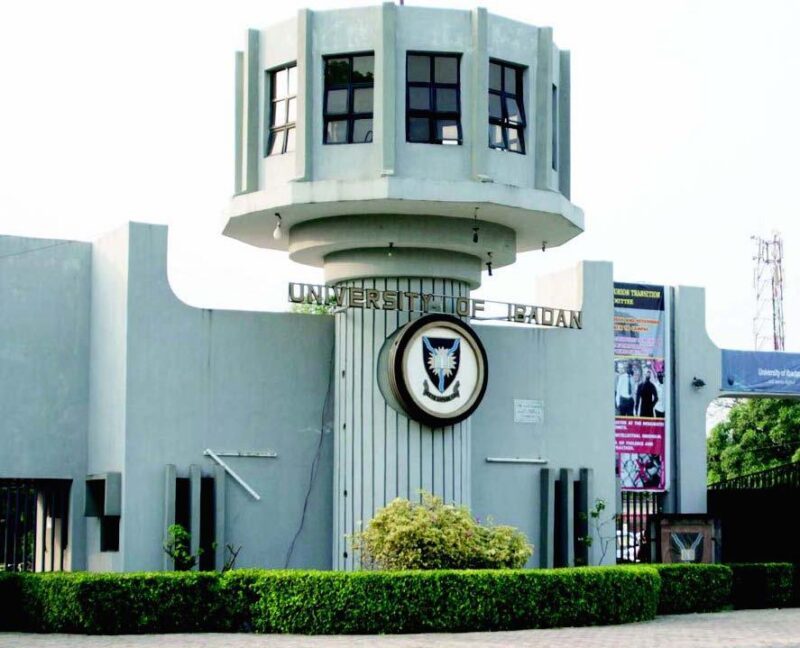Educational Issues
Admission In Some Nigerian Public Universities: A Concern -By Fasinu Deborah Pentho
Would we continue to live with the fear of being admitted? Should admission be a thing of joy or something to be worried about? All of these unending questions have no definite answers. It would be of immense help and relief if these issues are rightly addressed by the government whom we look upon for a brighter Nigeria and future.

According to Nelson Mandela,” education is the most powerful weapon which you can use to change the world”. It is the key that unlocks the golden door to freedom. With education comes confidence and it gets established from one level to another. Whatever skill one may have acquired, more knowledge is needed to make improvement. Nigeria is a country with quite a number of public universities to serve the masses . What are the challenges faced in getting admitted into this institutions? The pressing issues that comes with gaining admission in these institutions include; population of jambites and tension of meeting the speculated time for payment alongside the hike in fees.
According to the Joint Admission and Matriculation Board, there is an estimation of at least one million candidates who apply and sit for the exams yearly. Amongst this estimated amount, only a few are selected and given admission. This is where the anxiety kicks in. Of course, the first level of anxiety should be at the point of sitting for and passing the exams. But, the anxiety, mental and emotional trauma that comes with expecting to be admitted is on another level. In this kind of situation, it is not unknown to the public that admission at times comes with luck. There are instances where a person with a low aggregate gets admitted while someone with the expected mark gets rejected. Is there a possible solution to this?. Getting admitted now becomes a battle for the strong ones; survival of the fittest. If the present youths are being deprived of education as a result of delay or rejection , what would be the possible outcome?.
Moving on, the present educational system in Nigeria tends to put one in a delicate situation. “ Congratulations ,you have been offered admission”, this should be a sentence that brings about immense joy . Of course it does gives the expected joy but, does this newfound happiness last long? Being admitted comes with anxiety of payment. In some institutions, admitted students get a very short notice for payment which in turn makes some parents run about to find the means to get this paid just in a bit to ensure the admission is not forfeited. Increment in fees also creates another form of anxiety not only in the candidates admitted but also in the parents. It is being said that “all fingers are not equal” and some would have this money and pay up instantly. But then, what do we do about those who find it a little bit difficult and are given short notice for payment? Students whose parents struggle to afford and make the increased payment are often mounted with sudden pressure to impress and not be a source of disappointment in their academics. Such student might be forced to go extra miles in getting good grades thereby resigning to cheating during examination. The institional system changes yearly and each year comes with shocking news to the public. Looking at the current economic situation of the country, the masses are deeply affected by this change and should be considered in making drastic decisions.
In conclusion, institutions are believed to not have been running at this pace in the past , What then changed? Is there a possible solution to this? What can the government do about this? Would we continue to live with the fear of being admitted? Should admission be a thing of joy or something to be worried about? All of these unending questions have no definite answers. It would be of immense help and relief if these issues are rightly addressed by the government whom we look upon for a brighter Nigeria and future.
Fasinu Deborah Pentho
Department of English
Lagos state university


















